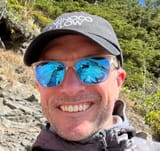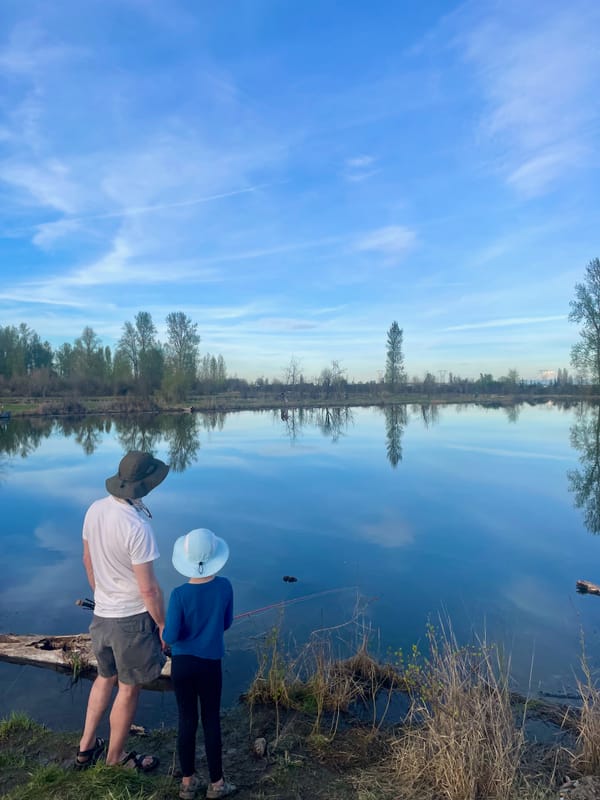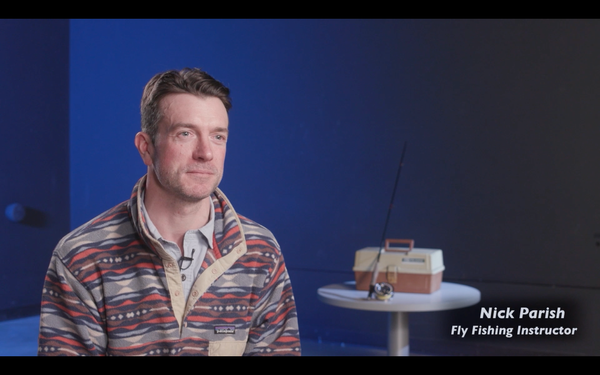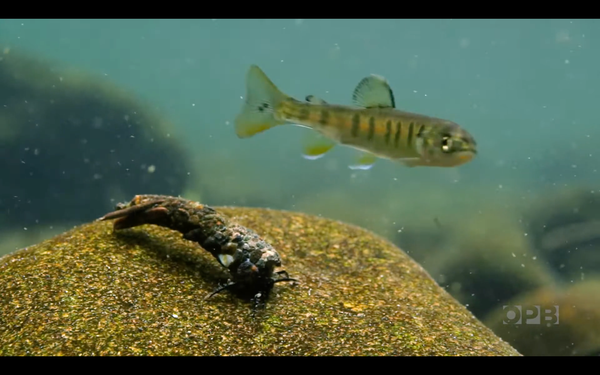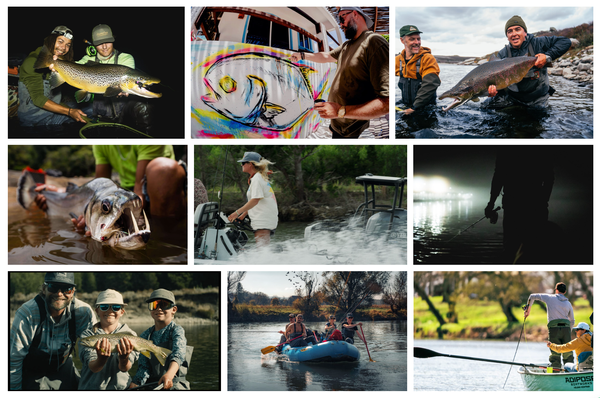What we give up fly fishing
On Adam Phillips, and finding, and re-finding our identities as anglers


One of my favorite authors is British psychotherapist Adam Phillips. He's a Freudian scholar, and still seeing patients four days a week while regularly publishing. I first discovered his work during pandemic lockdown, and made my way through a few of his On... books (On Kindness, On Balance, On Flirtation) during those long evenings at home.
As a writer it's hard to make great sentences. But, it's even harder to connect one sentence to another in a way that not only builds your argument or idea, but also explores new territory, and expands the world you're creating in an essay or story.
Stylistically, Phillips has a way of stringing sentences together that feels like a rich journey of discovery. There are twists and turns. Hey, what's down this alleyway, over here? A rich allusion to a classic film? A story from the early annals of psychotherapy and Freud or Jung? A Shakespeare connection? These connections to other works hang like elusive, sun-ripened fruit between the sturdy branches of his own wide-ranging logic. Dense and koan-like, his insights allow for some serious unpacking.
Each of his books in this loose On… series turn inside and out various topics. On Giving Up looks at all the different ways we give up, what we leave behind, what we quit towards. Ultimately it explores how we see ourselves as who we are, how identities are made and shared and re-made.
Giving up…is usually thought of as a failure rather than a way of succeeding at something else. It is worth wondering to whom we believe we have to justify ourselves when we are giving up, or when we are determinedly not giving up.

What we give up
Nick. What on earth does any of this have to do with fly fishing? Let alone, for your audience here, who are starting to fly fish?
Is what you’re probably asking.
Well, we give up a lot in fly fishing, both during the practice, that is, while we fish, but more broadly to participate in the practice itself.
To make time for fishing, we turn away from:
- Our comfortable homes
- Our routines
- Other activities, or choices about what to do with ourselves
Then, in electing fly fishing over other types of angling, we give up:
- Gear advances (heavier lines, PowerBait) that help catch more fish
- Commonality with the most popular forms of fishing (thus eliciting strange glances practicing casting at the park)
- The safety of a simple form of casting, instead being forced to endure looking like an idiot while learning to fly fish
We leave behind, when we fish:
- Sleeping in (or going to bed early, like during the hex hatch)
- Physical needs, in protection from heat or cold or wet or dry
- Familiarity, of the 'ole fishin' hole, for new territory
We abandon, in the singular:
- That rising brown under the log you know is there, but has stopped rising (“just ten more casts…”)
- The dry fly that no longer matches the hatch, as millions of midge bring dozens of trout to the surface, and you suffer nothing but refusals
- Our dry fly rig, after we fish the whole session with no rising fish
- Euro nymphing, when the fish start rising
I’m sure you can think of many more. (Please: tell us in the comments.)
What we become
One source Phillips calls on across the meditation of On Giving Up is Franz Kafka, specifically, Kafka's diaries.
This is a long excerpt, but bear with me:
Kafka, who was himself a keen swimmer, wrote something else about swimming: ‘I can swim like the others, only I have a better memory than the others, I have not forgotten my former not-being-able-to-swim. But because I have not forgotten it, the being-able-to-swim does me no good, and I still cannot swim.’ Since there was – and still is – a time before we could swim, we are always, somewhere in ourselves, people who can’t swim. In this story, exclusion always precedes inclusion, we are always haunted by our being left out. The person who can’t swim is always with us. And the question, as Freud attempted to formulate and formalize, is this: what kind of relationship do we have with these former selves?
Kafka’s swimming, our fishing: that relationship with the former self, the part of us that can’t, or never could, is always on the other side of—what we have, and who we are—now. In channeling Freud by way of Lacan, Phillips arrives at “whatever we take ourselves to be, we are not.”
Perpetual Not-tying
To me, one of the important themes of the book was not just about one’s inner child, or defining by negation, by what we are not. But rather the option we take on continuous self-definition in the tenuous business of being alive.
OK, last excerpt (though trust me, I have many more highlights saved):
It would be strange not to have noticed – not to have been daunted by – the precariousness of everything that is alive, and how this seems to be, when we can bear to think about it, an informing fact of our lives.
As we continue to reinvent and bring along, include and exclude, fail and succeed, adopt and give up, as anglers and as not, the paths only continuously connect to one important fact that is verifiably true: you are alive.
Quitting America
Which is all a long way to say (though I didn’t plan this elaborate lead-up, I mostly just wanted to tell you about this interesting book, and relate it to some of the things we talk about in class): I’m giving up the United States for a couple of weeks.
Regular programming here will continue in September, with, I hope, some epic fishing stories.
What have you given up lately? In fishing? In life? What has that opened up for you?
Reply, or let us know in the comments.

Upcoming Classes
We're done with class until late-September, early-October, part of PCC’s Fall term.
But, registration for those Fall term classes opens up soon: Wednesday, August 14th at 7:00 a.m. PST.
If you're brand new, take the plunge and join us for Intro to Fly Fishing. Or, if you're more experienced or have taken the Intro class, check into our Clackamas river outing.
Set a reminder, these fill up fast.

